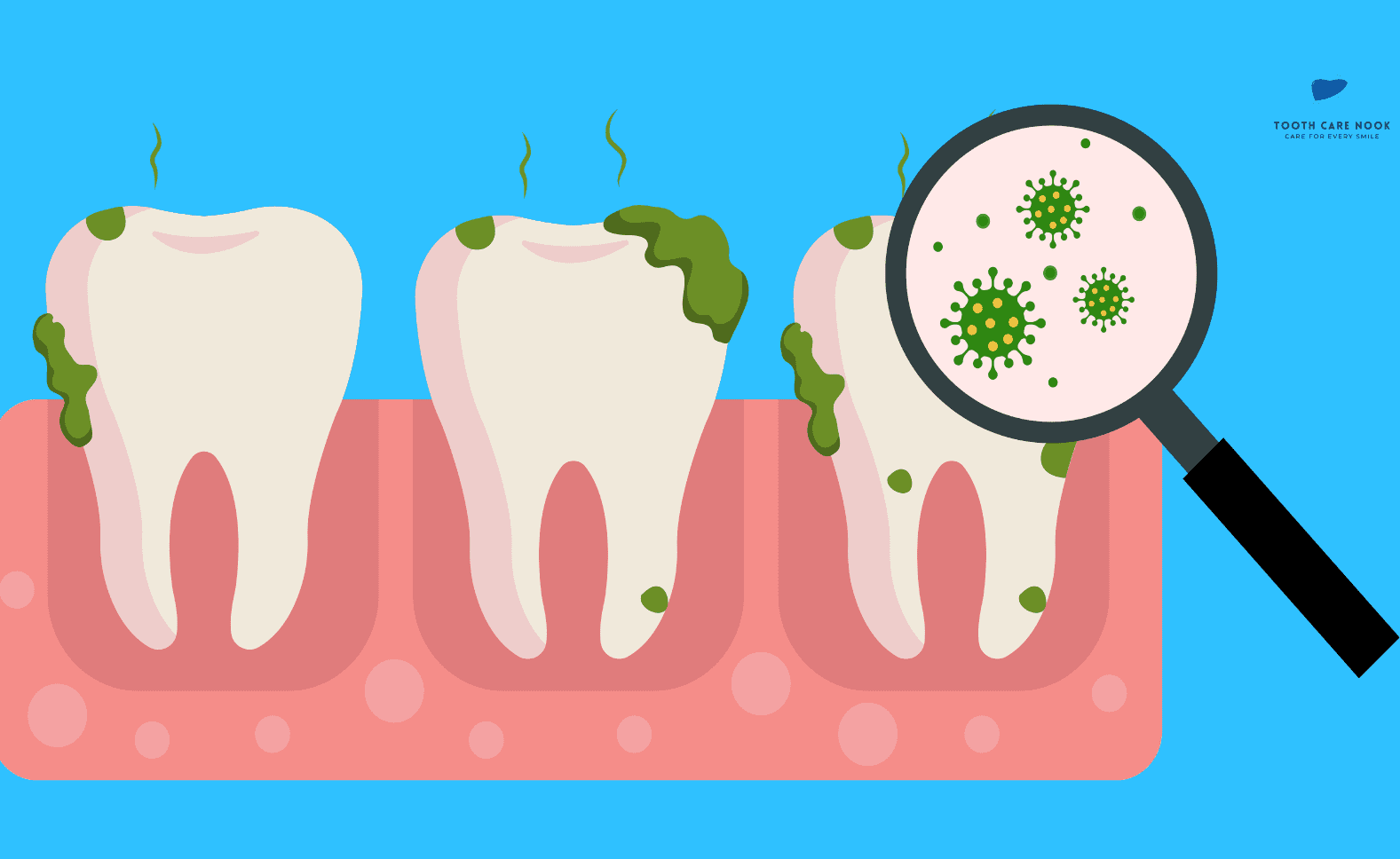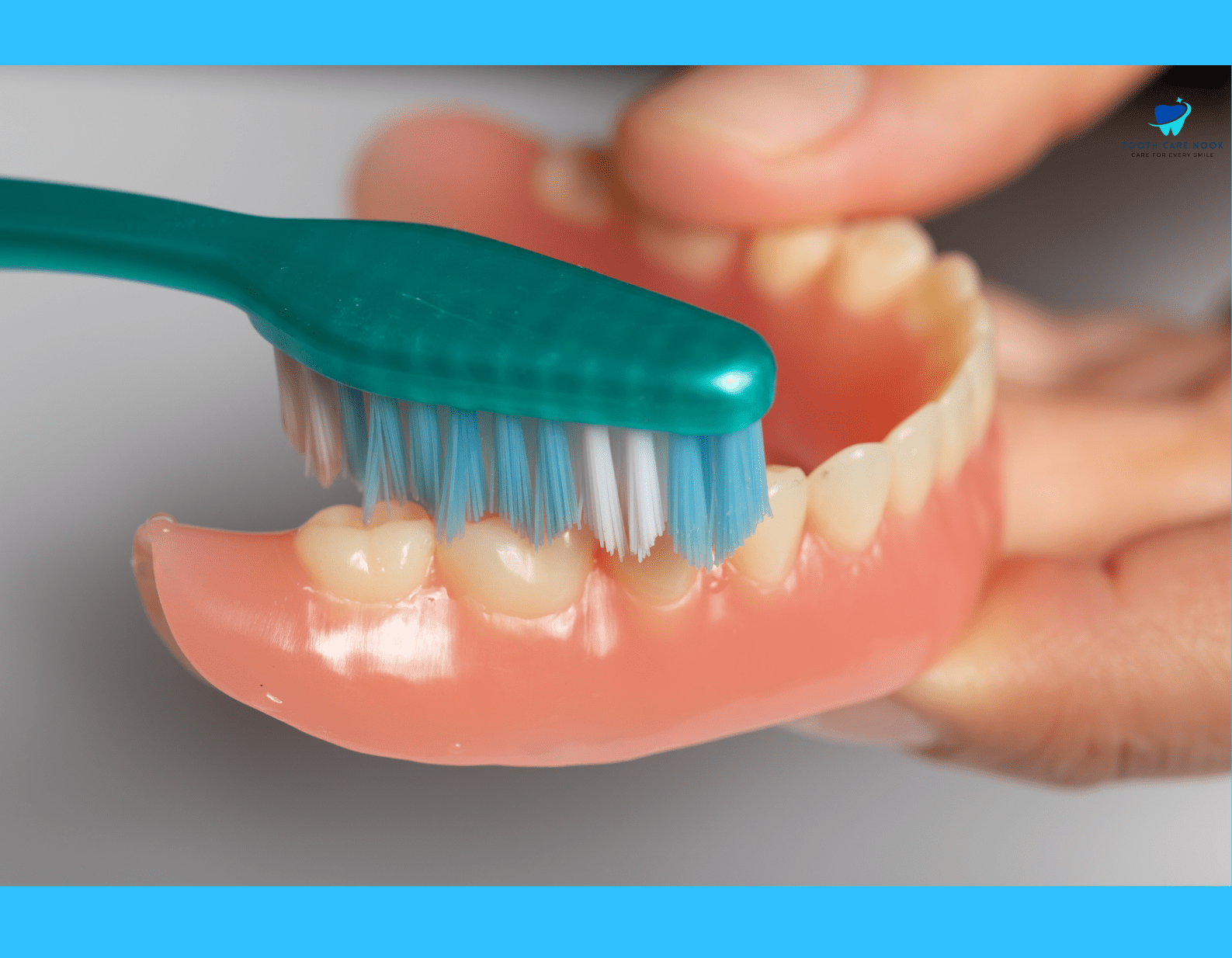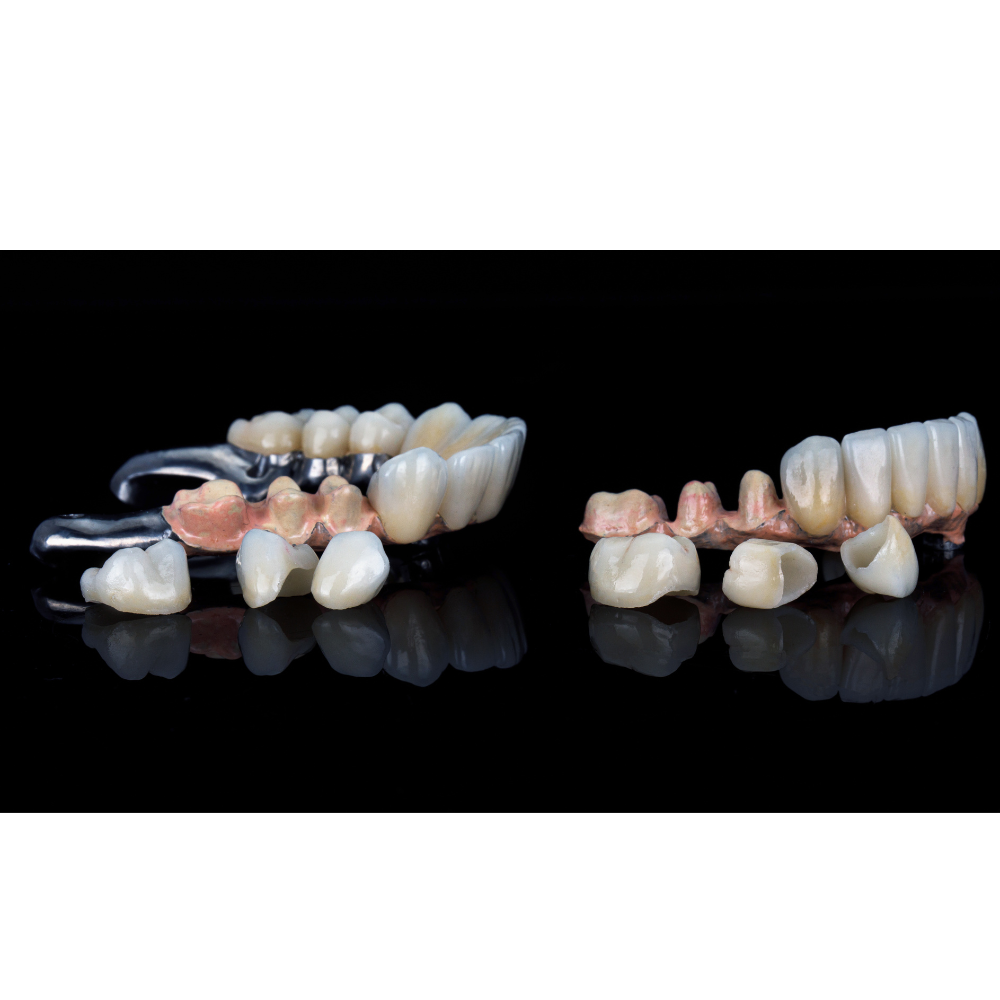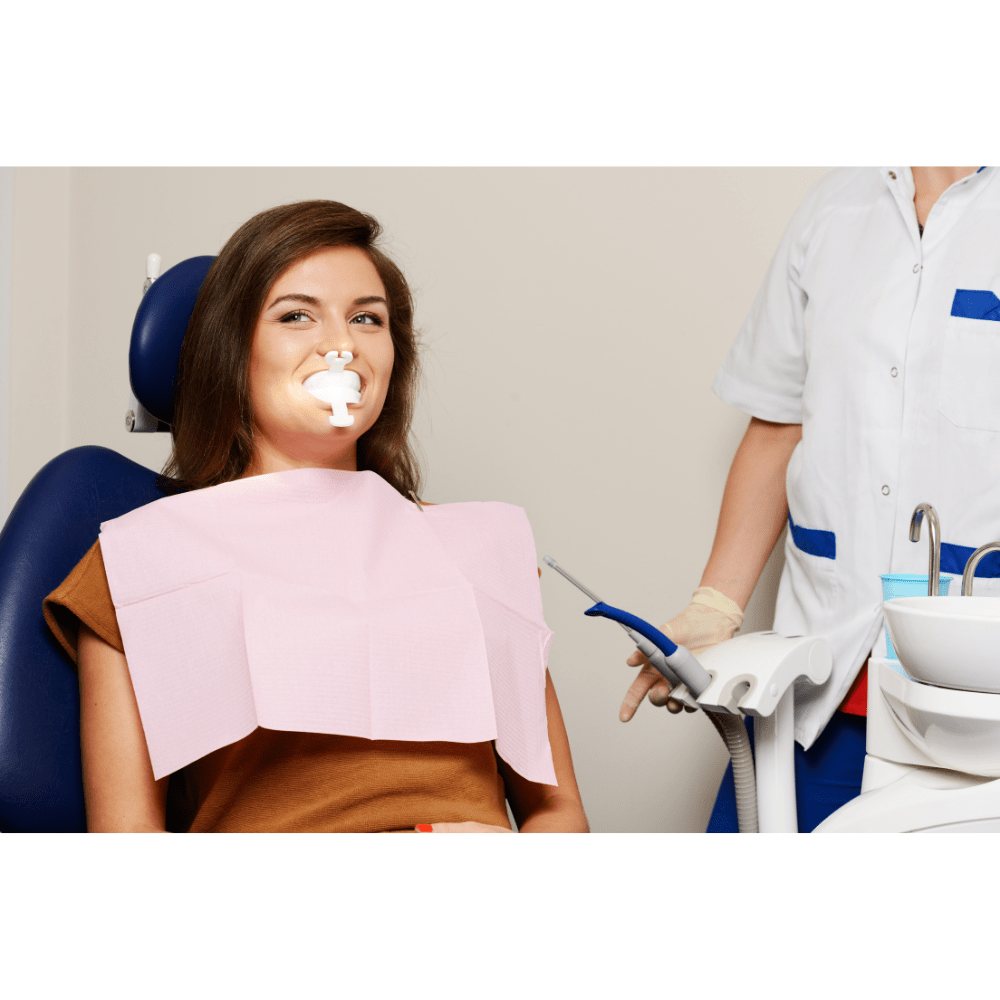What Are Sugar Bugs in Teeth? | What Experts Say
Parents often use sugar bugs to help children understand the importance of good oral hygiene. Framing plaque as tiny, pesky bugs makes the concept more relatable and emphasizes the need for regular brushing and flossing. This approach is especially effective in teaching young children how to take care of their teeth in a fun and engaging way.
Experts say that early dental hygiene education is necessary to prevent tooth decay and promote long-term oral health. knowing what sugar bugs in teeth are and how they affect dental health can empower parents and children to take proactive steps in maintaining healthy teeth. Let’s first understand what sugar bugs are.
What Are Sugar Bugs in Teeth?
Sugar bugs in teeth are used to describe the plaque that forms on teeth, especially in children. Plaque is a sticky, colorless film of bacteria that accumulates after eating sugary foods and drinks. These bacteria feed on sugars and produce acids that can erode tooth enamel which leads to cavities.
Cavity Bugs That Cause Gum Disease
Here are some cavity bugs that can cause gum diseases:
Entamoeba Gingivalis
Entamoeba gingivalis is a parasite with a lifecycle that includes feeding on sugars, draining nutrients from blood cells, and lying dormant. It causes gum disease and is linked to autoimmune diseases and various cancers, including oral and gastrointestinal cancers.
Candida Albicans
Candida albicans is a normal part of the mouth’s flora. It can become harmful under some specific conditions which leads to overgrowth and infection. This fungus can cause oral thrush and is linked to pneumonia, Crohn’s disease, and poor gut health. People with weak immune systems often struggle to control candida.
Spirochetes
There are about 60 strains of spirochetes in the mouth. These cavity bugs have a spiral shape that allows them to penetrate tissues and evade the immune system. Oral spirochetes are linked to Alzheimer’s, heart disease, and stroke.
Trichomonas Tenax
Trichomonas tenax is a parasite found in the mouth. It feeds on infected gum tissue and white blood cells. This parasite is associated with lung cancer, pneumonia, and pleural empyema.
Vibrios and Motile Rods
This group of bacteria is known for their shape and aggressive behavior. Notable species include Campylobacter rectus, linked to premature birth and low birth weights associated with obesity.
Porphyromonas Gingivalis
This is a major cause of gum disease and periodontitis. It is associated with systemic diseases like diabetes, heart disease, oral cancers, Alzheimer’s, rheumatoid arthritis, and pre-term birth. This bacterium is prevalent in almost all cases of gum disease.
Helicobacter Pylori
Helicobacter pylori is commonly linked to stomach ulcers and gastric diseases, and can also live in the mouth. It contributes to gum disease and causes chronic gastritis.

Can You Get Bugs in Your Teeth
Yes, you can get bugs in teeth, the harmful bacteria that live in the mouth and cause dental problems. These bacteria thrive on food particles, especially sugars, and produce acids that can erode your tooth enamel. But, don’t worry, you cannot get actual bugs in your teeth.
Ways to Get Rid of Mouth Bugs
Following are some ways to get rid of mouth bugs:
- Brush your teeth daily.
- Drink a lot of water.
- Swish with a mouthwash.
- Floss between your teeth.
- Eat fibrous food.
- Take a probiotic.
- Brush your tongue.
What is Teeth Fungus
Teeth fungus, also known as oral thrush or oral candidiasis, is a fungal infection that can occur in the mouth. Candida albicans can multiply leading to the development of white patches on the tongue, inner cheeks, gums, or roof of the mouth when the balance of bacteria and yeast in the mouth is disrupted.
Causes of Teeth Fungus
Weakened Immune System:
Conditions such as HIV/AIDS, diabetes, and certain medications weaken the immune system, making individuals more susceptible to fungal infections like oral thrush.
Antibiotic Use:
Antibiotics can disrupt the balance of bacteria in the mouth, allowing Candida albicans to overgrow and cause oral thrush.
Poor Oral Hygiene:
Insufficient brushing and flossing can lead to the buildup of plaque and bacteria in the mouth, creating an environment conducive to fungal growth.
Dry Mouth:
Saliva helps to wash away food particles and bacteria in the mouth. Conditions that cause dry mouth, such as dehydration, certain medications, or medical conditions like Sjögren’s syndrome, can increase the risk of oral thrush.
Smoking:
Tobacco use can weaken the immune system and irritate the mouth, creating conditions favorable for fungal infections like oral thrush.
Denture Use:
Ill-fitting or improperly cleaned dentures can harbor bacteria and yeast, increasing the risk of developing teeth fungus.
Tooth Fungus Treatment
Antifungal Medications:
Prescription antifungal medications, such as nystatin or fluconazole, are commonly used to treat oral thrush. These medications may be in the form of mouth rinses, lozenges, or oral tablets.
Treating Underlying Conditions:
If oral thrush is associated with an underlying medical condition, such as diabetes or HIV/AIDS, treating the underlying condition may help resolve the fungal infection.
Denture Care:
Proper cleaning and maintenance of dentures are essential for individuals who wear dentures, as ill-fitting or improperly cleaned dentures can harbor yeast and contribute to oral thrush.
Avoiding Irritants:
Avoiding tobacco use and minimizing consumption of sugary or acidic foods and beverages can help create an environment less conducive to fungal growth in the mouth.

FAQs
What are the symptoms of having cavity bugs in teeth?
Symptoms of having cavity bugs in teeth include toothache, sensitivity, bad breath, and visible cavities or decay. These symptoms are some signs of too many bad mouth bugs and indicate the presence of harmful bacteria that need to be addressed.
What Bugs Live in Plaque?
Bacteria live in dental plaque. When you eat, the sugars and starches in your food provide fuel for these bacteria which prompt them to produce acids. These acids attack your tooth enamel and gums which leads to damage over time.
What is the Stuff Growing on My Teeth?
The stuff growing on your teeth is dental plaque. Plaque can irritate the gums and cause gum disease if not removed regularly through proper oral hygiene practices such as brushing and flossing.
Does it mean I have too many mouth bugs If I have bad breath?
Bad breath can be a sign of too many bad mouth bacteria, but it can also have other causes like dry mouth or certain foods.
Are Plaque Bugs on Teeth Insects?
No, plaque bugs on teeth are not insects. Bugs word used to refer to these bacteria, they are microscopic organisms rather than insects.



